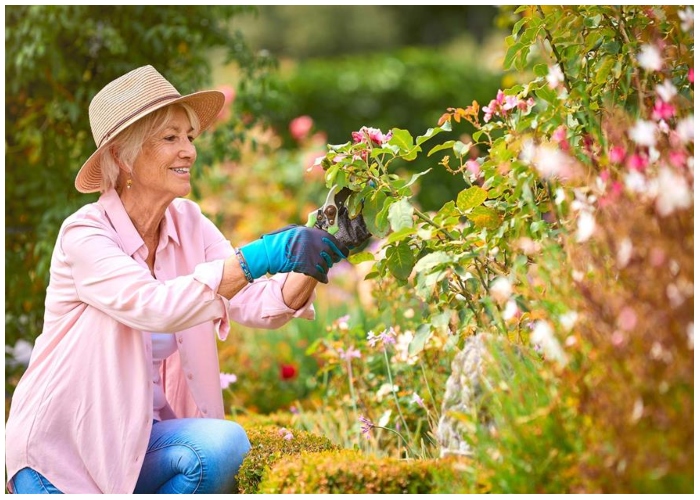In recent years, the concept of “Blue Zones” has captivated the world. These are regions where people consistently live longer, healthier lives—often reaching 90 or even 100 years old. Places like Okinawa (Japan), Sardinia (Italy), and Nicoya (Costa Rica) are known for their high concentrations of centenarians. But what’s their secret? And more importantly, can we adopt those habits in our everyday lives—without moving halfway across the globe?
The good news is yes, you can bring the Blue Zone lifestyle into your own home. With a few smart changes to your environment, diet, mindset, and routines, you can begin to experience the same benefits that make Blue Zone residents some of the healthiest people on Earth.
Eating for Longevity
One of the pillars of the Blue Zone lifestyle is a primarily plant-based diet. While not all Blue Zone residents are vegetarians, they do eat significantly less meat than the average person. Their meals are filled with vegetables, legumes, whole grains, and healthy fats like olive oil. Meat, when consumed, is often a small portion served on special occasions.
To get started at home, try planning meals around beans, leafy greens, and seasonal vegetables. Incorporate whole grains like oats, quinoa, or brown rice. Snack on nuts and seeds instead of processed foods. Keep processed sugar to a minimum, and drink water, herbal tea, or coffee instead of sugary drinks.
A small but powerful Blue Zone tip: use smaller plates. People in Okinawa follow the “Hara Hachi Bu” practice, which means eating until you’re 80% full. This habit encourages mindful eating and prevents overconsumption.
Move Naturally
In Blue Zones, residents don’t necessarily hit the gym or run marathons. Instead, their daily routines naturally include movement—gardening, walking to a neighbor’s house, cooking from scratch, or doing household chores.
To bring this into your life, rethink how you approach physical activity. Walk or bike to the store instead of driving. Take the stairs. Get outside for a daily stroll or start a home garden. Even standing while working or taking short stretch breaks can make a difference when done consistently.

Purpose and Passion
Having a sense of purpose—a reason to get out of bed each day—is a key factor in Blue Zone longevity. In Okinawa, it’s called “Ikigai,” and in Nicoya, it’s “Plan de Vida.” This purpose often comes from community, family, or meaningful work.
Ask yourself: what brings you joy? What can you contribute to others or your community? Whether it’s through a hobby, volunteering, or spending quality time with loved ones, finding your “why” can give your daily life more meaning and even extend your lifespan.
Stress Less, Live More
Stress is inevitable, but people in Blue Zones have routines that help them manage it effectively. This includes daily naps, prayer, meditation, or simply taking time to unwind with family.
Create your own routine to decompress. It might be journaling for ten minutes in the morning, enjoying a tech-free meal with family, or stepping outside to feel the sun. The goal is to reset and recharge, even in the middle of a busy day.
Strong Social Circles
Loneliness and isolation are rare in Blue Zones. Residents enjoy strong bonds with friends, family, and their community. These connections provide emotional support and contribute to mental well-being.
Try to invest in your relationships. Schedule regular catch-ups with friends. Join a group with shared interests. Even small interactions—like greeting your neighbors—can improve your mood and sense of connection.
Design Your Environment for Health
The people you surround yourself with can impact your habits. In Blue Zones, healthy behaviors are the norm within tight-knit communities. You can recreate this by making your home a wellness-friendly space. Keep fruits and vegetables in plain sight. Limit junk food at home. Encourage family dinners without screens. And surround yourself with people who support your goals.
Adopt Blue Zone habits like plant-based meals and social connections for a healthier, more fulfilling life. Start small and gradually incorporate these lifestyle shifts for lasting well-being.